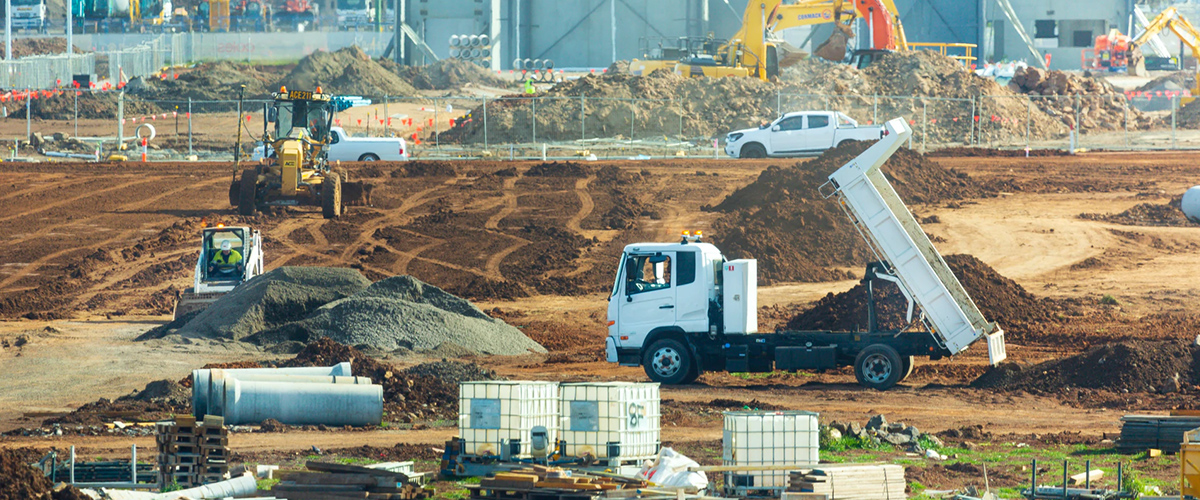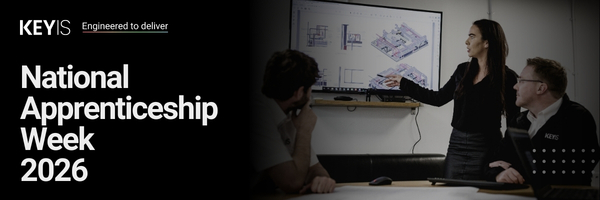Can the construction industry ever be zero waste?
Can the construction industry ever be zero waste? With the climate crisis now bordering on irreversible, the responsibility now falls onto the construction industry to make a change. The way we dispose of demolition waste here in the UK is primarily landfills. Hazardous waste, chemicals, and dangerous materials are a different matter, but many good or gently used materials are wasted every year.
In 2016, 63% of England’s waste was attributed to the construction and demolition industry. New projects that required a complete rebuild often discarded materials that could have otherwise been integrated into the reconstruction. Can we ever become zero waste?
When you are in the first steps of planning any project from a HVAC to a production conveyor refurbishment, it is important to pick a partner who understands your need to have a sustainable minded approach throughout the process.
There are many ways in which our industry can combat waste from construction projects. One approach we take here at KeyIS is…
The 4 Rs
Reduce
We use fewer materials in the first place. Whether this includes preserving and building from existing buildings, being more efficient with your design, or ensuring that project plans are scaled to order the precise amount of each material. By being meticulous in the planning stage there will be less opportunity to overorder, and by extension, less material leftover to waste.
Reuse
Reusing goods is not an unfamiliar concept, taking leftover equipment or building resources and repurposing them in an alternative project has been done for centuries. However, this needs to stop being the effort of a few small projects but instead, must become industry standard. One way this can be effective is by disregarding the wrecking ball completely and instead, adding time into the building plan to deconstruct the building in a way that allows you to preserve as much undamaged material as is feasibly possible. We can take inspiration from the council for The Bay Area city of Palo Alto which passed an ordinance in 2019 which prohibits construction workers from destroying buildings using a wrecking ball.
We understand that equipment has a lifespan and when the time comes to upgrade it can be tempting to repurchase the exact same machine. We resist the temptation and instead invest in low-energy alternatives. This means our clients can rest easy knowing we are exploring every avenue to look after the planet.
Recycle
It isn’t enough for the construction team to recycle their cans and wrappers from lunch no, this requires a much larger scale. And industrial scale.
Sand, glass, and wood are all things that can be recycled either for further consumer projects or sent to a recycling plant.
Finally, rebuy.
From leftover materials or equipment to products that had been removed from an existing structure, re-buying is a fantastic option for high quality, low priced goods. With the added bonus of helping the environment.
The building process.
When planning a new project, we always ask ourselves how can we make this construction site more environmentally friendly for our clients.
When planning any new venture there are five elements to consider.
To begin – pinpoint the particular targets you are looking to meet by the end of each build. This could include cutting waste in half with each new project.
Before any construction begins, understand where your designated recycling points are as well as noting opportunities for waste minimisation.
Ensure your team are clear on the objectives and that everyone has the same understanding of what ‘waste reduction’ means.
During the construction process, continuously monitor feedback as well as waste output. Listen to your team as they are the ones undertaking the responsibility.
Once construction has ceased it is wise to understand how successful your waste management process was, did you manage to salvage additional material for future projects or to resell it to someone else who could use it. Were all hazardous chemicals disposed of in an appropriate manner?
As for whether the industry could ever be zero waste, only time will tell. But it is in all of our best interests to try to do as much as we can to reduce our waste. At Key Integrated Services we firmly encourage a culture of environmental best practices and performance in all our operations through our environmental policy. To have a conversation about how we can help with a project, in the most sustainable and environmentally friendly way, get in touch.


